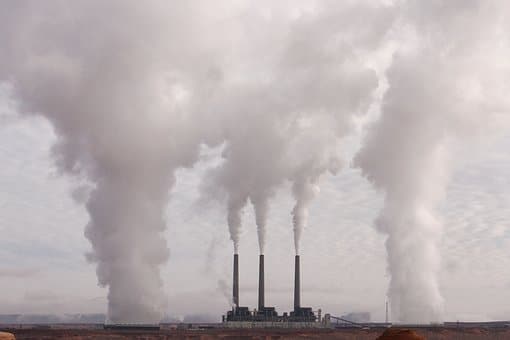U.S. Energy Department Announces Carbon Management Strategy

The U.S. Energy Department has announced the release of a Carbon Management Strategy that provides a detailed roadmap through 2030 highlighting the various tools and methods the agency will utilize to enhance and utilize carbon management solutions in line with the Biden administration’s social, climate and economic plans.
Carbon management is an umbrella term that incorporates the group of technologies used for capturing, transporting, converting, and storing carbon dioxide, or CO2. Moreover, it involves removing CO2 directly from the atmosphere. Carbon management systems capture CO2 from power plants, industrial sources and/or directly from the atmosphere and transport the CO2 for permanent storage or alteration into chemicals, building materials, low carbon fuels and other products.
The strategy outlines a roadmap for accelerating the innovation and utilization of carbon management technologies and infrastructure in order for the Biden administration to reach the goal of 100 percent clean electricity by 2035 and net zero emissions by 2050. Moreover, the strategy describes how the department’s work on carbon management prioritizes community engagement, delivers benefits to local workers, and provides strong environmental protections aligning with the administration’s commitment to advance environmental justice and equity.
The strategy outlined in the report focuses on short term actions that can be scaled upward if required in following decades with a focus on five components through 2030. Firstly, the strategy emphasizes focusing on development, research and deployment financing on priority use cases. Secondly, the strategy looks into developing the CO2 transporting and storage infrastructure. Thirdly, the strategy aims to support the enactment of effective and evidence-constructed regulations and policies that relate to carbon management at other federal agencies. Fourthly, the strategy aims to ensure that projects provide benefits to workers and communities, whilst at the same time reduce risks to the environment and public health. Lastly, the strategy looks to be in line with global climate goals that align with the Paris Agreement.
The Office of Fossil Energy and Carbon Management and Office of Clean Energy Demonstrations are issuing a draft of the report with the aim of incorporating public input into the srategy before its completion. The department seeks comments from stakeholders, ranging from nongovernmental organizations, labor, state and local officials, tribal governments among others. Comments must be submitted by Dec. 10, 2024.
EnerKnol Pulses like this one are powered by the EnerKnol Platform—the first comprehensive database for real-time energy policy tracking. Sign up for a free trial below for access to key regulatory data and deep industry insights across the energy spectrum.
ACCESS FREE TRIAL